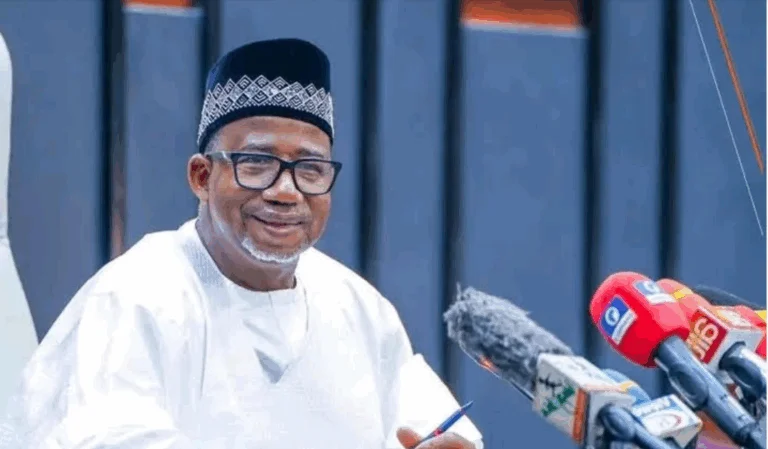Alaje Urges Nigeria to Link Population Growth With Industrialization to Avert Worsening Poverty

Economist and Chief Executive of SPM Professionals, Dr. Paul Alaje, has urged the Nigerian government to connect population expansion with industrial and economic productivity, warning that failure to do so could worsen poverty and inequality nationwide.
Alaje issued the warning during an interview on ARISE News on Tuesday, where he analysed the World Bank’s projection that Nigeria’s population could surpass 320 million by 2050.
He said the prediction would likely come true unless the country adopts deliberate measures to manage its population alongside economic planning.
“Population is neither a curse nor a blessing. It depends on what you do with it,” he said. “We cannot discuss the population without discussing available resources and productivity. The three of them must be discussed together.”
He called on policymakers to emulate China’s development model, which successfully linked population growth with industrialization.
“A population without productivity and abundant resources is useless. To make our population useful, we must learn from China,” he added.
According to him, Nigeria’s economic output does not match its population size. “When you look at Nigeria’s GDP at about $245 billion and our population of over 237 million, you see that Nigeria will be classified among poor nations,” he said.
Alaje proposed a threefold approach to reverse the trend, boosting resources, enhancing productivity, and controlling population growth.
“My option would be the third, increase resources, improve productivity, and deliberately curtail the population,” he said.
He also questioned the feasibility of the Federal Government’s target of achieving a $1 trillion economy, explaining that such an ambition would require an annual GDP growth rate of about 17 percent, far above the current 3 to 4 percent.
On population data, Alaje pressed for a new national census, saying Nigeria’s outdated figures hinder planning.
“The last holistic census was done in 2005 or 2006. Since then, what we’ve been running are estimates… It’s important that we come up with another census because this affects how resources are shared,” he said.
He lamented that while jobs are being generated across sectors, most of the economic benefits are leaving the country.
“Nigeria’s economy is creating jobs in manufacturing, agriculture, and services, but most of the jobs are not in Nigeria. The equipment, devices, and platforms we use daily are all produced abroad,” he stated.
Alaje urged collaboration between the federal and sub-national governments to build local manufacturing capacity.
“What we must do is bring manufacturing into Nigeria. Federal and sub-national governments must agree, irrespective of party or religion, that we want to develop,” he said.
He further challenged the Manufacturers Association of Nigeria to take stronger ownership of industrial transformation, warning that “until this is done, we will continue to see the population as a burden.”
Concluding, Alaje stressed that Nigeria’s prosperity depends on its ability to rebuild its industrial base.
“In the structure of our economy, services dominate, followed by agriculture, while manufacturing takes a tiny share. We need to expand that manufacturing base significantly. Once that happens, Nigeria’s economy can truly be liberated,” he said.









